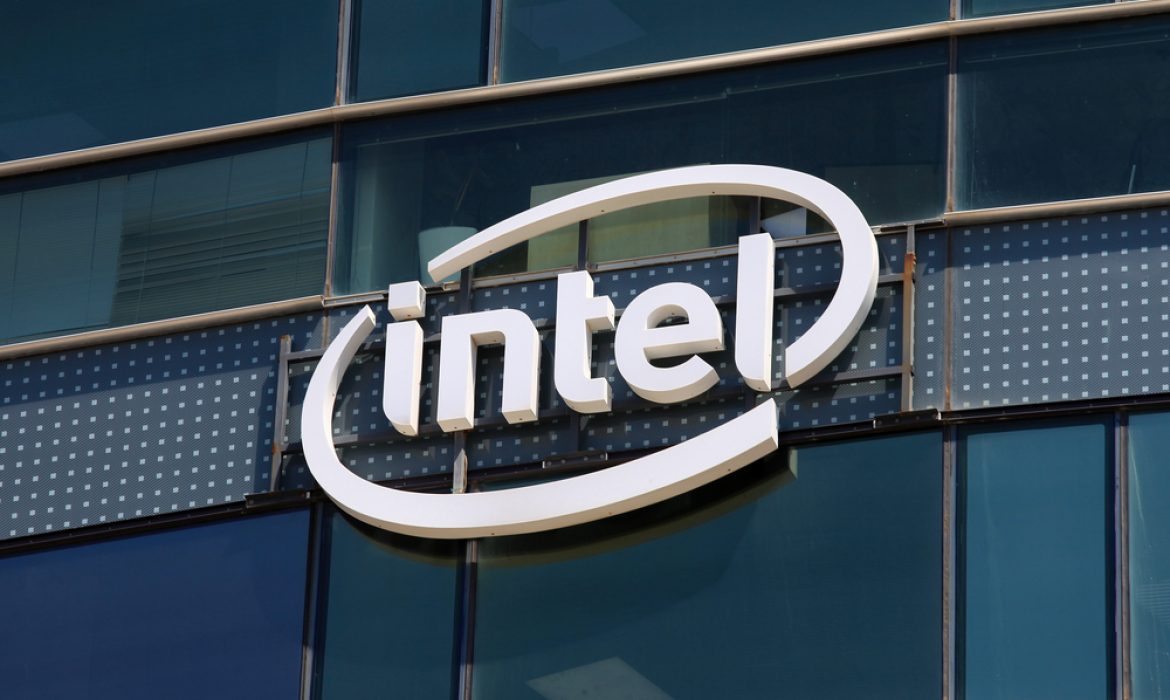In a strategic move that resonated around the world, Intel approved plans to build advanced semiconductor fabs in Germany, Israel and Poland, signaling a new era of technological advancement. With unprecedented investments of $33 billion in Germany, $25 billion in Israel and $5 billion in Poland, Intel is positioning itself to catalyze Europe’s ambition to become the dominant “semiconductor superpower.”
The agreement between Intel and Germany lays the groundwork for significant investment, emphasizing the company’s commitment to innovation. The site near Magdeburg will house several factories, allowing chips to be manufactured using more advanced technology than previously envisioned. While details of the process technology have not yet been disclosed, Intel has said that it will be from the angstrom era and will have an impressive 18 to 20A scale. This technological leap puts Germany at the forefront of semiconductor manufacturing.
To support this ambitious venture, the agreement includes a significant €10 billion government subsidy, which must be approved by the European Union. The incentive package is a testament to the joint efforts of Intel and the German government to develop Europe’s semiconductor potential. The first fab is expected to be operational within the next 4-5 years, setting the stage for revolutionary advances in chip manufacturing.
Poland can also benefit from Intel’s visionary plans. Thanks to a €4.6 billion investment in that country, it will establish a semiconductor assembly and test plant in Wroclaw. This project, while less expensive than others, is no less significant in its impact. The facility is projected to employ 2,000 people and is scheduled for completion in 2027. Design and planning work will be carried out shortly, and construction will begin once authorization from the European Commission is granted. Intel’s investments in Poland are helping to make the country a key player in the global semiconductor market.
Intel’s entry into Europe is not an isolated effort, but part of a broader global strategy to develop infrastructure on the continent. This endeavor fits seamlessly with the EU’s desire to establish itself as a “semiconductor superpower” and reduce its dependence on external sources of critical electronic components. To achieve this goal, Intel plans to establish a research, development and design center in France, as well as lithography and end-production facilities in Ireland, Italy, Poland, Spain and other countries. By strengthening its presence in these countries, Intel aims to promote technological advancement in Europe and make semiconductor manufacturing self-sufficient.
At the same time, Israel looks forward to Intel’s expansion plans, which will contribute significantly to the development of the country’s semiconductor sector. Prime Minister Benjamin Netanyahu announced Intel’s intention to invest a staggering $25 billion to build a new plant in Kiryat Gat. Israel’s Ministry of Finance predicts that the plant will begin operations in 2027 and create thousands of jobs. In exchange for this significant investment, Intel’s tax rate will be raised from the current 5% to 7.5%. This mutually beneficial agreement underscores the Israeli government’s commitment to creating a business-friendly environment and encouraging Intel’s significant contribution to the country’s economic growth.
Intel’s bold expansion in Europe and Israel marks a paradigm shift in the semiconductor industry. Through significant investments, the company intends to reshape the technology landscape, drive economic growth and strengthen Europe’s position as a global leader in chip manufacturing. The continent’s ambition to become a semiconductor superpower and Intel’s pioneering initiatives are setting the stage for an era of innovation and self-sufficiency. Together, Intel and Europe are poised to revolutionize the world of technology.
